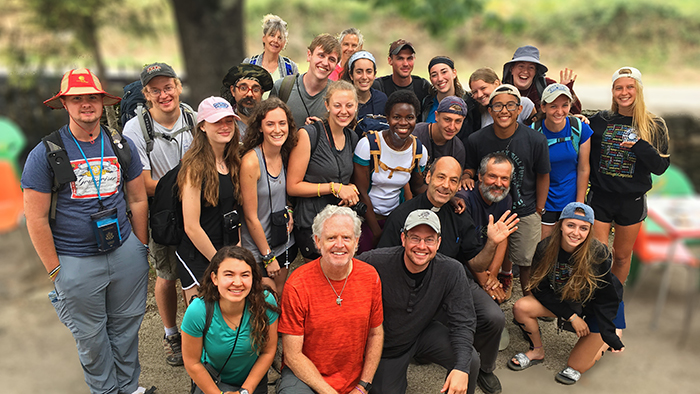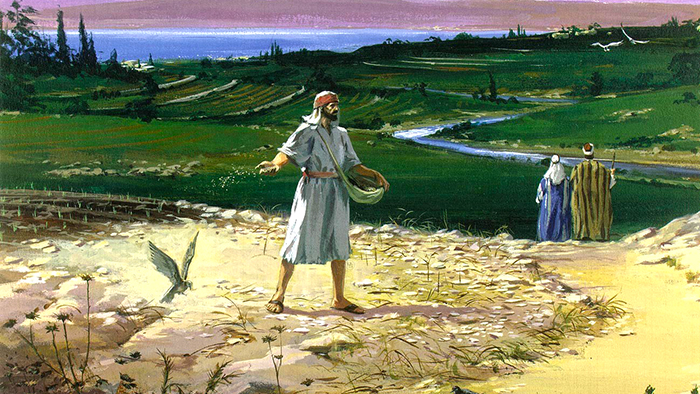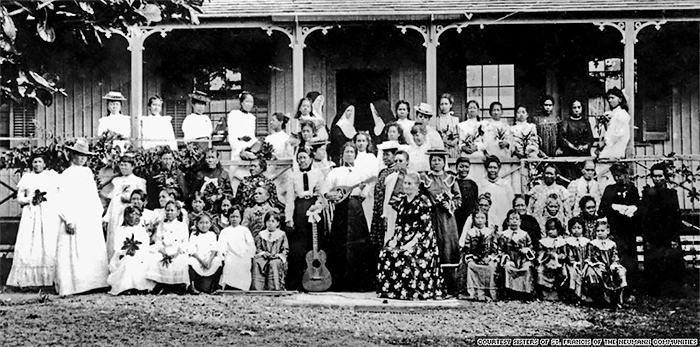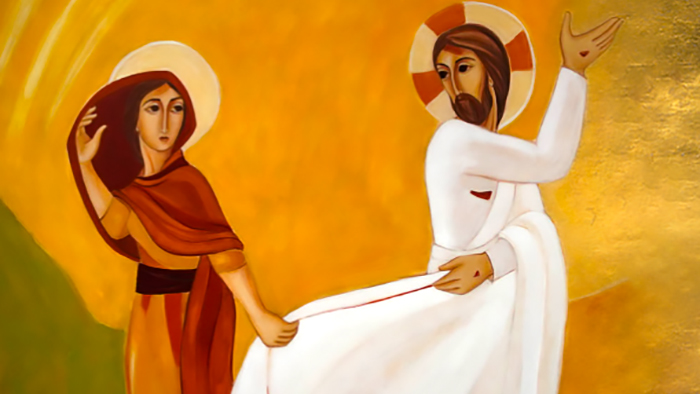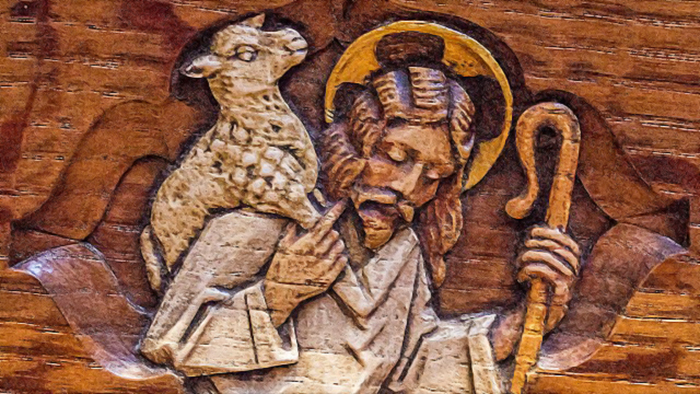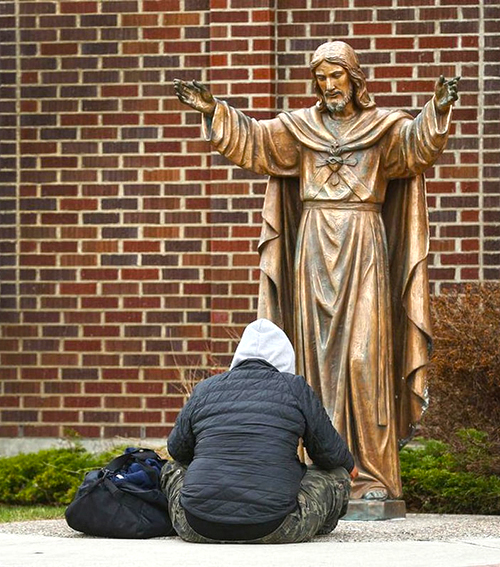
This Gospel is not only highly insightful, but it’s also very realistic and compassionate. With injustices and crises in every part of the world, many ask ultimate questions about good and evil. “Where do the weeds come from? Where does evil originate? Why do people do such harmful things?” Fr. Richard Rohr writes that he asks this question a dozen times daily. This world doesn’t make sense. How can people be so malicious, so unkind, so uncaring? It’s like we don’t know how to care anymore, as though we don’t know how to access our hearts, souls, and spirits. Those of us who grew up as Christians may have heard this parable when we were younger. We may have been told to pull out the imperfect weeds and eliminate our faults. But since we really couldn’t get rid of them, we covered them up and pretended we didn’t have them. And that doesn’t work. Yet Jesus shows us absolute realism. He said something never said to me when I was young: “Let the weeds and the wheat both grow together.” Wow! That’s risky. I can’t pretend to logically understand it, although I know it allows me to be compassionate with myself. After all, I’m also a field of weeds and wheat, just like you and everything else. Everything is a mixed bag, a combination of good and bad. We are not all weeds, but we are not all wheat, either. We have to learn, even now, to accept and forgive this mixed bag of reality in ourselves and everybody else. If we don’t, we usually become very angry people. Our world is filled with a lot of angry people because they cannot accept their own weeds. To accept this teaching doesn’t mean we can say, “It’s okay to be selfish, violent, and evil.” It means that we have some realism about ourselves and each other. We have to name the weed as a weed. We can’t just pretend it’s all wheat, all good, because it isn’t. We’re not perfect. Our countries are not perfect. The Church is not perfect. The project of learning how to love—which is our only life project—is quite simply learning to accept this. If you really love anybody, and I hope you all do, then you have learned to accept a person despite, and sometimes even because of, their faults. Love means saying, “I know your faults, I see your weeds, and I care for you anyway.” Only God’s heart, only the mind of Christ in us, really and fully knows how to do that.


